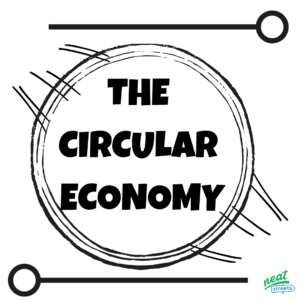
The Circular Economy
The Circular Economy is an economic system that aims to minimize waste and promote sustainable resource use. It’s important for school students to learn about the Circular Economy because it fosters responsible consumption, innovation, and entrepreneurship while addressing global challenges like climate change and resource depletion. By understanding the principles of the Circular Economy, students can become agents of positive change in their communities and the world. This approach to resource management also reduces litter by keeping materials in use for longer and minimizing waste, which helps to protect the environment and the animals that live within it. Find the Circular Economy resources below:
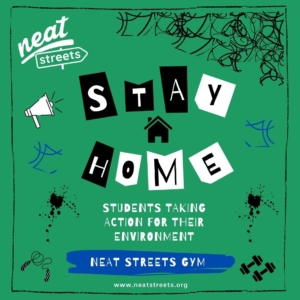
Home School – Secondary School
Neat Streets has created a special edition resource to support the Stay Home & learn efforts. Check out the Neat Streets Gym home school resource. Every day is a chance to get stronger, to recycle better, to live greener and to be the best version of you. The important thing to remember about workouts is that they only work if you do them. You’re only one workout away from a more sustainable world!! Get started!!
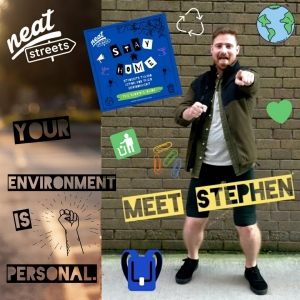
RTÉ Home School Hub – Primary School
Neat Streets has created a special edition resource for RTÉ to support the Stay Home & learn efforts. Check out the Neat Streets Stay Home Survival Guide and become the Eco Warrior you were meant to be!!! RTÉ have collaborated to introduce a cross-platform teaching initiative for primary school kids across the country. On RTÉ2, RTÉ Player, and rte.ie/learn, children will be able to watch, download and engage with curriculum-based content, project work, and fun activities that will keep them entertained and learning.
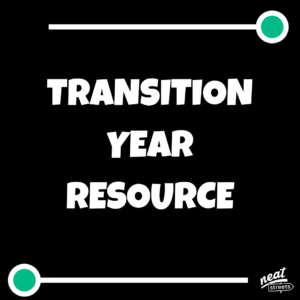
Transition Year Curriculum Linkage
Transition year challenges students to think critically about their perceptions of themselves, their world and their place in it. Many secondary schools select the committee members from the CSPE or Transition Year classes that are undertaking the Green-Schools programme or a similar module as part of their course work. Ideally, the Neat Streets committee should be as representative of the whole school as possible. Regarding size and operation, it should be remembered that there is no set formula or rules for a successful committee. It is important, however, to ensure that the student members of the committee are as representative as possible of the different classes and age groups in the school. This will also ensure greater continuity in your programme over the years. Find the transition year curriculum resources below:
Starting The Programme: Core Activities Stage One
Implementation: Core Activities Stage Two A
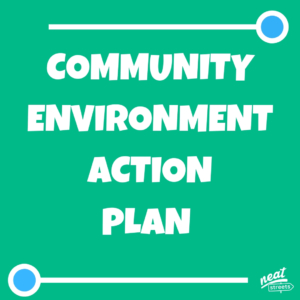
Community Environment Action Plan
Community Environmental Action Planning (CEAP) refers to a capacity-building process through which individuals, communities and organisations analyse their situation, evaluate options for change and then plan, carry out, monitor and evaluate activities in a participatory and sustained basis, either on their own initiative or stimulated and assisted by others. Why wait for change to happen in your school or community when you can lead that change!! Download our resource with top tips on how you can start your CEAP TODAY!
Address
An Taisce EEU,
5 Foster Place,
Dublin 2,
D02 V0P9,
Ireland
Contact Us
Email: neatstreets@eeu.antaisce.org
Phone: 01 – 4541786


